Charging an electric car at a public charging station can cost as much or more than filling one with gasoline in some cases.
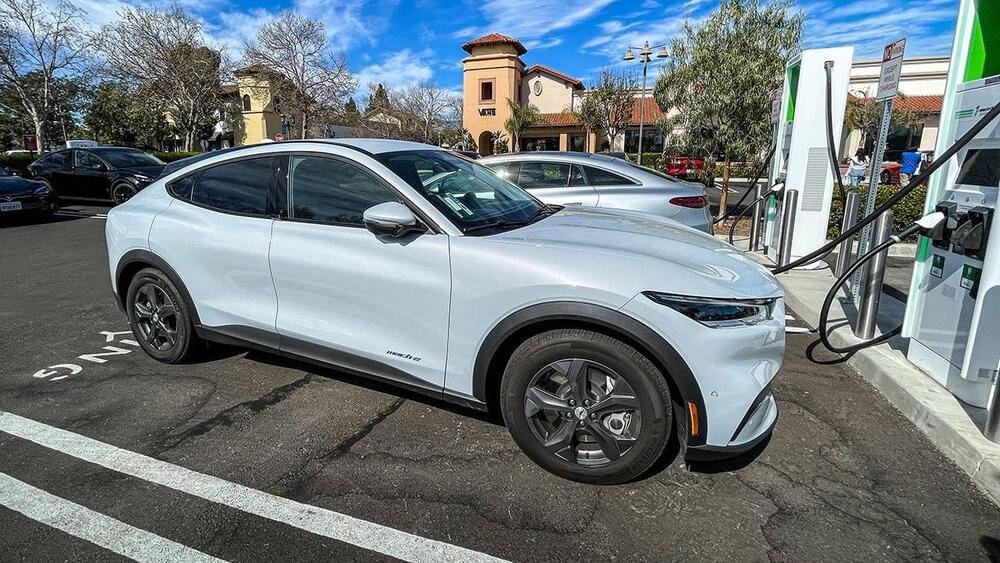

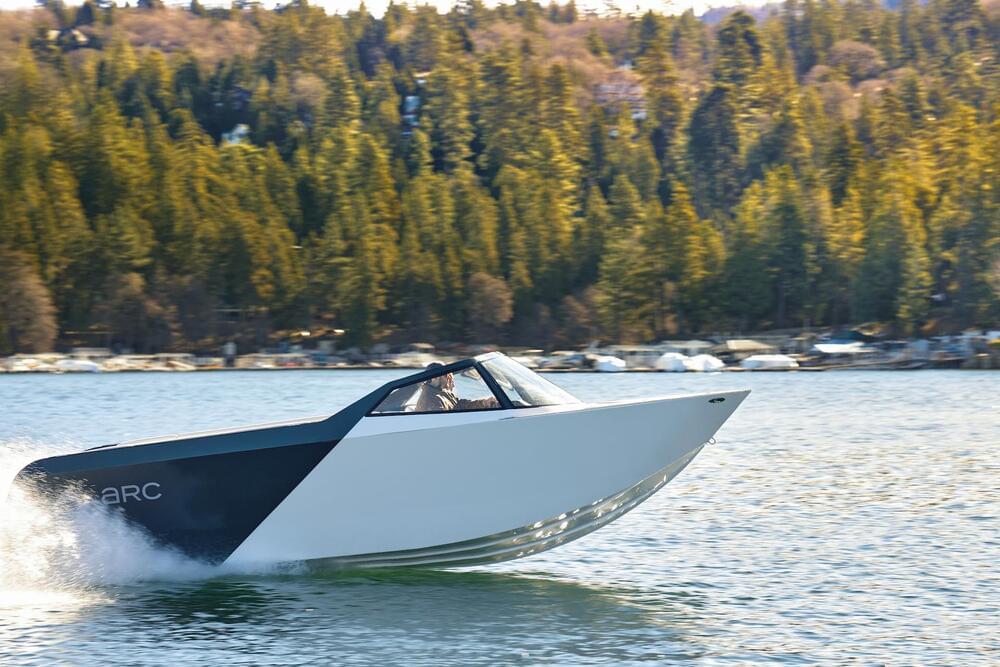
Last year, a team of former SpaceX engineers launched Californian marine startup Arc with a plan to develop a luxury electric cruiser with “far superior range, acceleration and performance than any boat in its class.” Now a pre-production Arc One has spent a day of testing on Lake Arrowhead ahead of deliveries to the first customers later in the year.
The first boat out of the company’s factory in Los Angeles is being aimed squarely at the luxury end of the market, and will be produced in very limited numbers.
The spec sheet for the Arc One is actually pretty thin, but the development team has recently upped the power of the electric motor to 500 hp (373 kW) for a top speed of 40 mph (34 knots/64 km/h). The battery size has also been increased by 10 percent to 220 kWh – that’s “three times the capacity of a Tesla Model Y” and is reckoned big enough for users to stay out on the water for between three and five hours per charge, though high speeds will drain the battery quicker than cruising at lower speeds.

Hydrogen is already a key component of chemical industrial processes and in the steel industry. So making clean hydrogen to use in those industrial processes is critical to reducing carbon emissions, says Jake Stones at market research firm Independent Commodity Intelligence Services (ICIS).
But as an energy source itself, hydrogen’s big advantage is its versatility according to Sunita Satyapal, who oversees hydrogen fuel cell technology for the Department of Energy.
“It’s often called the Swiss Army knife of energy,” she says.



(TNS) — The legal tug-of-war over development of waterfront land in Baltimore’s Westport neighborhood has tilted in favor of a high-speed maglev train operator seeking to build a passenger station on the site where a developer separately proposed housing.
The Court of Special Appeals, the state’s second-highest court, granted the appeal of Baltimore Washington Rapid Rail LLC, which is planning a $10 billion project to link Washington and Baltimore and eventually New York with a superconducting magnetic levitation rail system.
The opinion clears the way for Rapid Rail to pursue its eminent domain lawsuit against Westport property owner Stonewall Capital, prolonging a monthslong dispute.
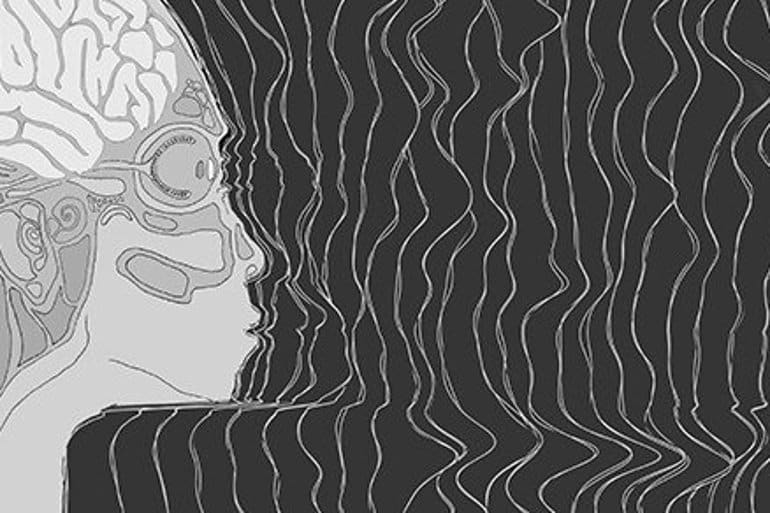
Summary: Findings shed light on how plastic and stable neural populations are able to co-exist in the brain.
Source: University of Cambridge.
Our brains are highly skilled at learning patterns in the world and making sense of them. The brain continually learns and adapts throughout our lives, and even the neurons supporting learned behaviors, such as the daily walk to work, are constantly changing.
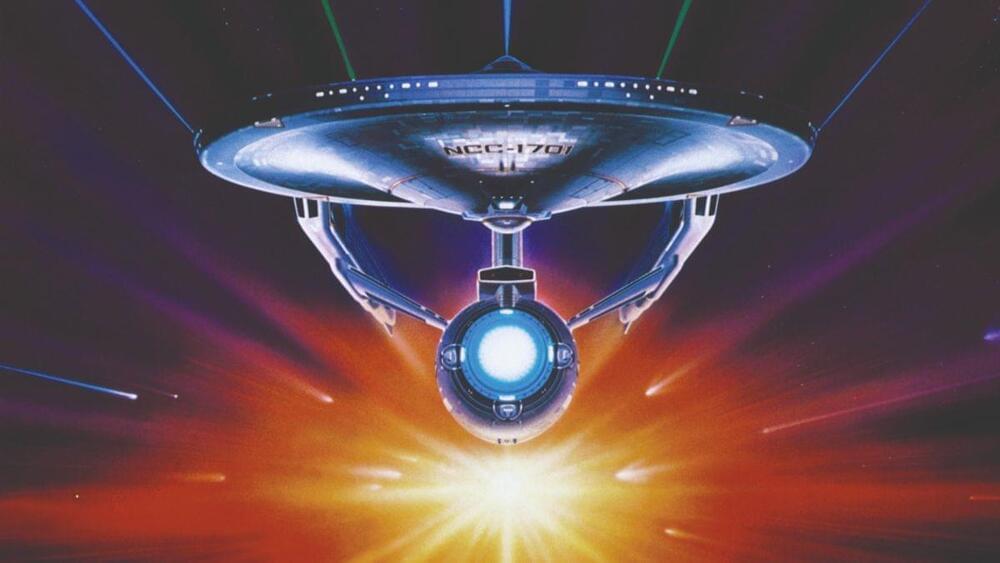
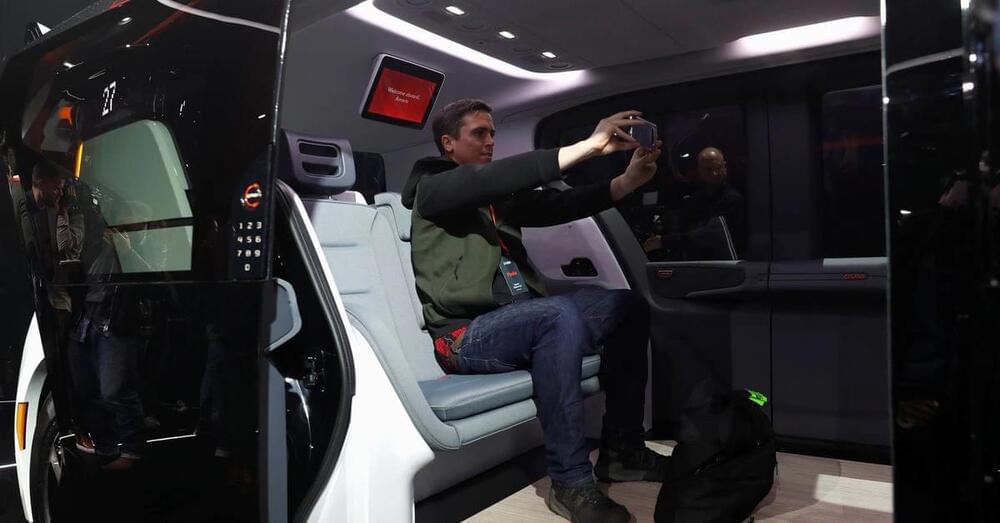
WASHINGTON, March 10 (Reuters) — U.S. regulators on Thursday issued final rules eliminating the need for automated vehicle manufacturers to equip fully autonomous vehicles with manual driving controls to meet crash standards.
Automakers and tech companies have faced significant hurdles to deploying automated driving system (ADS) vehicles without human controls because of safety standards written decades ago that assume people are in control.
Last month, General Motors Co (GM.N) and its self-driving technology unit Cruise petitioned the U.S. National Highway Traffic Safety Administration (NHTSA) for permission to build and deploy a self-driving vehicle without human controls like steering wheels or brake pedals.
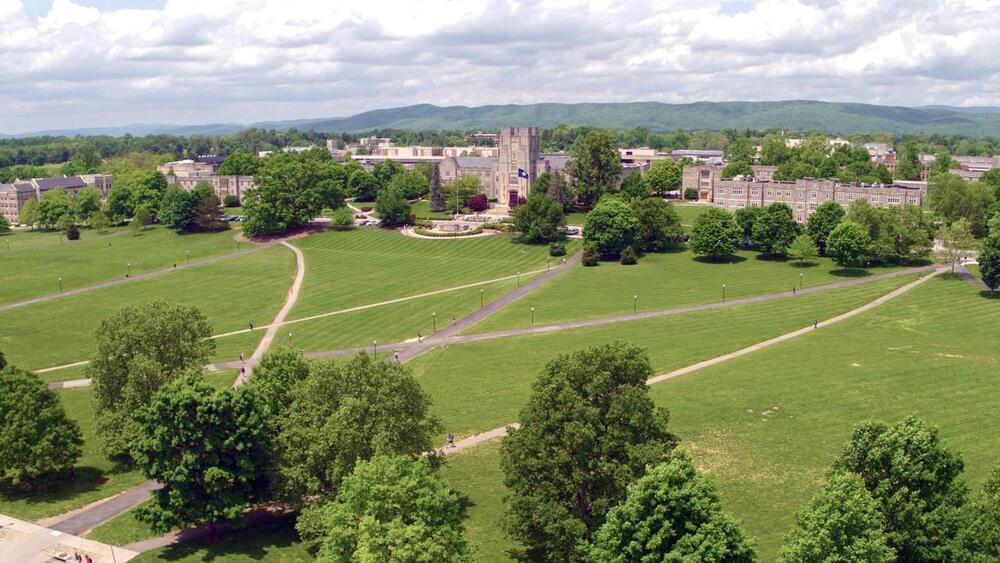
Amazon and Virginia Tech today announced the establishment of the Amazon – Virginia Tech Initiative for Efficient and Robust Machine Learning.
The initiative will provide an opportunity for doctoral students in the College of Engineering who are conducting AI and ML research to apply for Amazon fellowships, and it will support research efforts led by Virginia Tech faculty members. Under the initiative, Virginia Tech will host an annual public research symposium to share knowledge with the machine learning and related research communities. And in collaboration with Amazon, Virginia Tech will co-host two annual workshops, and training and recruiting events for Virginia Tech students.
“This initiative’s emphasis will be on efficient and robust machine learning, such as ensuring algorithms and models are resistant to errors and adversaries,” said Naren Ramakrishnan, the director of the Sanghani Center and the Thomas L. Phillips Professor of Engineering. “We’re pleased to continue our work with Amazon and expand machine learning research capabilities that could address worldwide industry-focused problems.”